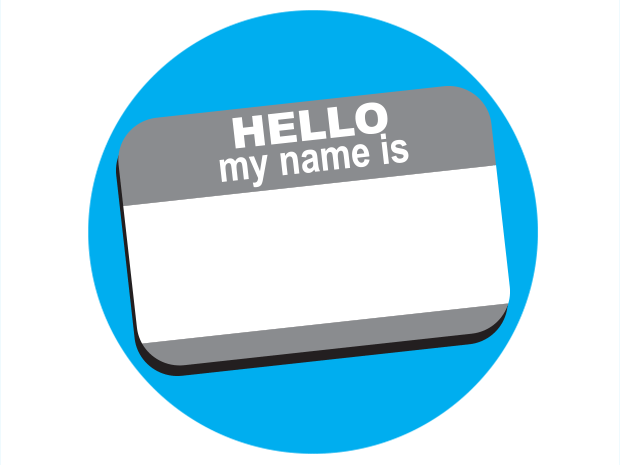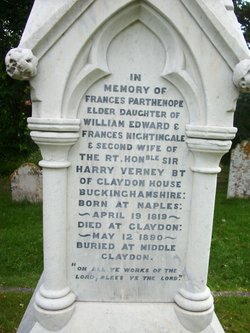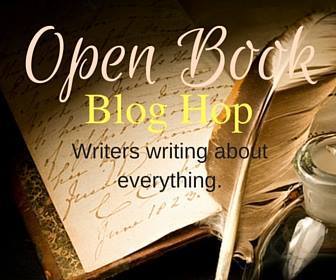Welcome to another #OpenBook blog hop, here’s the prompt for this weeks musings.
How do you select the names of your characters?

That’s a very good question. Names are important, they create a first impression and a hint as to the character that wears them. For example, take Josef Stalin, the man of Steel. Somehow Ioseb Besarionis dze Jughashvili just doesn’t have the same ring to it. And that was just the first one that I thought of, there are so many others.
Would Harry Webb have made it as a singer? Maurice Micklewhite or Marion Morrison as actors? (Harry is better known as Cliff Richard, Marion as John Wayne and Maurice as Michael Caine – not a lot of people know that!).
When it comes to fiction, it’s important to give your characters every advantage. Your readers need every hint as to the sort of person you want them to think that they are. Or at least to make them memorable. I remember once reading (but I can’t remember where); that important or significant character names should start with the letter Q or Z. Simply to make you notice them more. While I generally hate stereotypes, I admit that when it comes to characters, they can be useful in reinforcing characteristics and fixing ideas in readers heads.
But what about my Characters?
I’d love to tell you how cleverly I slave over my keyboard to produce the names of the characters in my work, but it wouldn’t be true. As I’ve said before, I don’t plot, don’t work things out in advance. I watch the story in my head and write what I see. It means that my characters come to me fully formed. If I named them, it would be like giving your friends and neighbours a name, you don’t because they already have one. When they appear on the screen in my head and start having adventures, they introduce themselves, just like anyone else you might meet. Luckily, I’ve never had to argue with their choice of name, they seem to fit and do the job.

Which is not to say that I don’t take notice of the names they arrive with. Names can tell you a lot. As I’m sure you will have noticed, the names that were popular yesterday are not now, and those that were popular two generations ago are enjoying a comeback. Which all means that, whatever the setting, you have to match the names to the times. Of course, that applies to all genres.
In my Steampunk tales, for example, the names all seem to be vaguely Victorian, which fits the conventional view of the time when they are set. Whilst in the far future, my players still like to use common names like Dave and Rick. They provide a link to the present and help create empathy, everyone knows a Dan or Rick, it helps to make the future so much more believable. In that respect, my characters seem to know what they’re doing.
I’m pretty sure that such names will still crop up among all the exotic and (to our ears) mismatched combinations that the future will bring; as we (hopefully) explore the Galaxy and finally become one species.
I’ve recently noticed some really outlandish character names appearing in my work, ones that I’ve never heard of and have to check out, to see where they came from and how I could possibly have known of them.
For Instance.
An ageing and fading television star had a small but significant part in my novel Jungle Green. She had been the teenage idol of one of my characters, posters of her adorned his bedroom wall (as he guiltily admitted to her). Meeting her in the flesh was quite an experience for him, as I’m sure you can imagine. As did seeing the person she was and had become. When I first met her; well before he did, she told me that her name was Parthenope Parkis. That sounded like the sort of stage-name an actress would have, although I couldn’t have told you where it came from. I’m sure you can imagine my heroes surprise when he found that it was her real name and not just one made up for her on-screen persona. It was about the same as mine was!
Incidentally, Parthenope is a real name. Florence Nightingale’s sister was called Frances Parthenope, as I found when I wondered where this name had come from and did a little research (It’s sometimes spelt Panthenope, just to confuse everyone).

Please leave me a comment below, what is your favourite character name? What picture does it paint in your mind?
I’ll be back tomorrow, with a special post about my next publication. Meanwhile, you can follow the other sites on the blog hop here.



Lela Markham
I didn’t know Cliff Richards’ real name. I did know the other two. Like you, I don’t much plot my stories — the characters start talking to me and I write down the stories they tell me. However, they often don’t tell me their names so I get to name them. They will reject the names that don’t suit them, but I try to pick the right ones. They also frequently don’t tell me the setting in which they’re living, so I get to put them in a landscape of my choosing, but they’ll get squirrelly on me if I try to put them in a setting they don’t like. My Kin (essentially elves) would refuse to live in rural Kansas circa the day after tomorrow, for example. I can usually tell by the stories they’re telling me what sort of society they would live in.
Richard Dee
It seems that so many authors work the same way. It used to freak me out; until I found it was “normal.”
Stevie Turner
I’d plump for a Dave or a Rick any day! As you say, it helps to make the characters more believable.
Richard Dee
I’ve always thought that creating empathy is important. I (and my characters) like to give my reader a feeling of comfort before I hit them with a big idea.
P.J. MacLayne
It’s interesting to watch “common” names become uncommon and “weird” names common. How many Aidens were there 20 years ago compared to now?
Lyndell Williams
I good name doe help with authenticity and readers being able to connect with them. Great article.